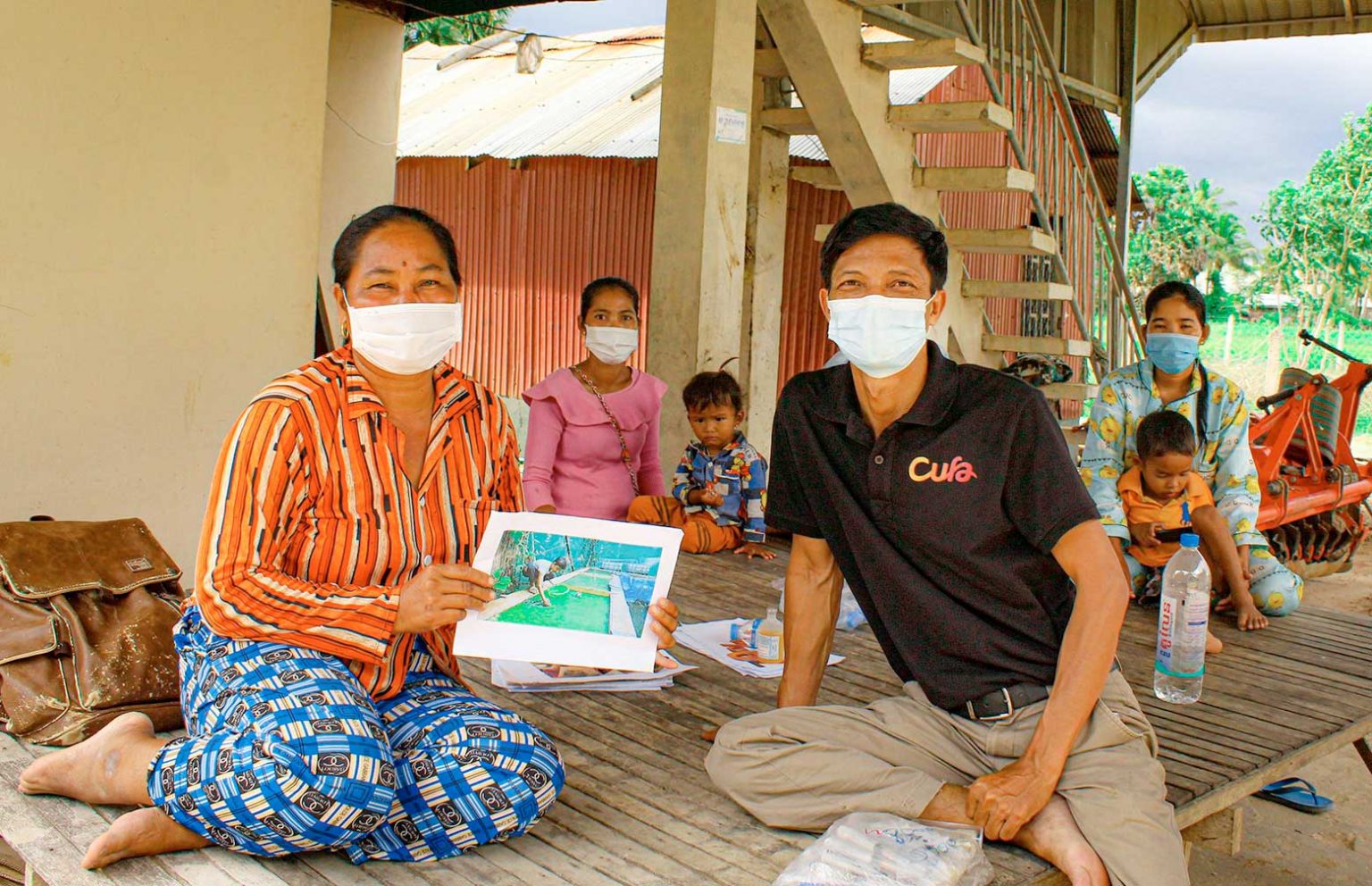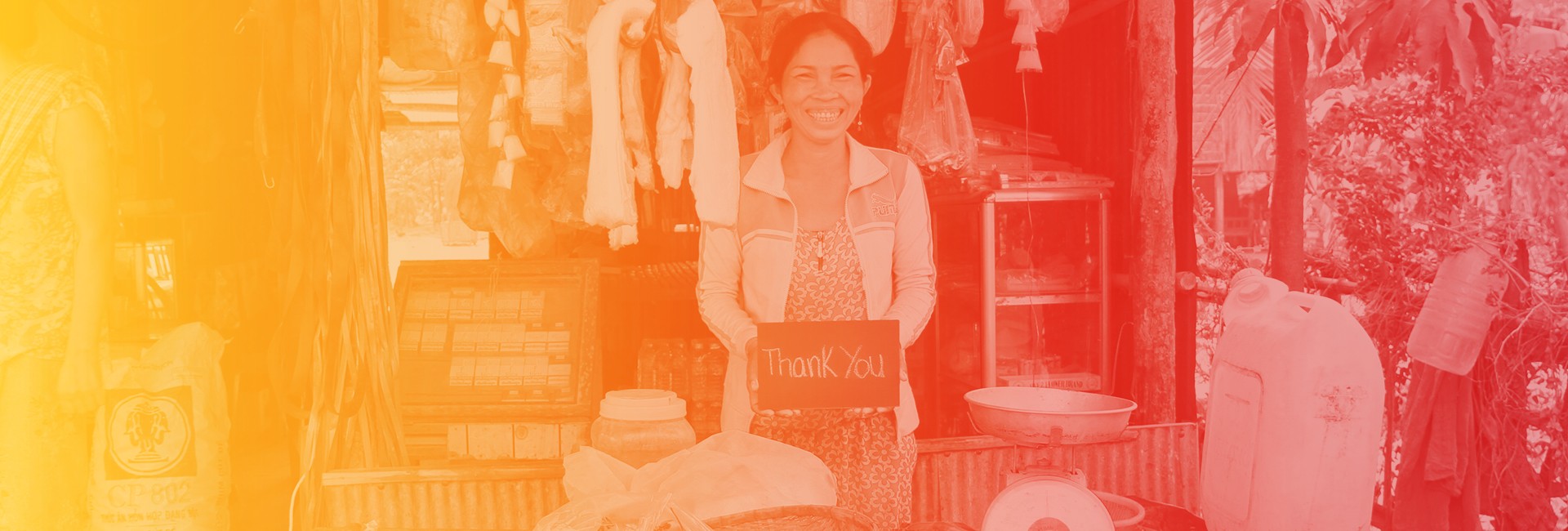Insights and observations from University of Sydney Community Placement Program participant Chloe Chen Qing Ling who volunteered in Cambodia during her summer holiday.
Financial services and products can be hard to access for people in remote and rural areas, not only because of poverty and distance, but because of the lack of comprehensive legal frameworks with regard to property rights, asset valuation, and credit systems. Nonetheless, low-income populations are as resourceful and entrepreneurial as anywhere else in the world when they’re given well-functioning financial institutions and systems. Financing activities can achieve enormous economic improvement in the lives of people living in these remote areas, by enabling the efficient use of capital throughout society as a whole.
What CUFA does to help establish a system of village savings banks in poor communities is much more than just that; CUFA brings sense to many other fundamental perspectives in empowering people and combating poverty through financial education. CUFA’s team helps local people to form healthy savings habits, equipping them with essential financial skills such as budgeting and accounting. CUFA educates children in financial literacy so that they receive knowledge relating to saving and spending from an early age. For many people across the region, financial education, skills development and access to safe places to save money empowers them to build better lives for themselves and break out of the cycle of poverty for good.
I was lucky to be chosen to volunteer with CUFA through the University of Sydney’s Community Placement Program. During my one-month stay in Cambodia, I visited village savings banks and credit unions in two provinces, Prey Veng and Kampong Chhnang. In Kampong Chhnang province, I visited one village bank established by CUFA in 2012, and was happy to learn that it now ranks in the top 3 out of 48 financial cooperatives in the province in terms of capital and members gained. In Prey Veng province, I also learned about one specific program launched by CUFA, the Children’s Financial Literacy (CFL) project. This program’s goal is to facilitate financial educational lessons in schools alongside the local village bank’s framework. As part of my volunteer project, I helped to design a niche market product – children’s saving accounts – to help form children’s savings habits and attract children’s savings for village banks with considerations drawn from both parents and committee members’ perspectives.
I was also able to see changes that CUFA has brought to local communities. I learned from pictures what villages were like 3 to 5 years ago. Houses and roads were in very poor condition; and not many villagers had the knowledge for effective savings or accounting. Now we were able to see many neat houses with plumbing and sanitation facilities. The people we interviewed told us that the information they learned from CUFA around savings habits, budgeting skills and financial planning truly changed their lives. Now people are able to dream bigger and have more control over their own circumstances. Many of the people I met, expect to start or expand their small businesses with the help of financial services available through their local village bank. Almost all the families we spoke to cherish the dream of being able to provide tertiary education for their children – which is costly, they know, but no longer an impossibility now that they’re empowered by their savings plans.







